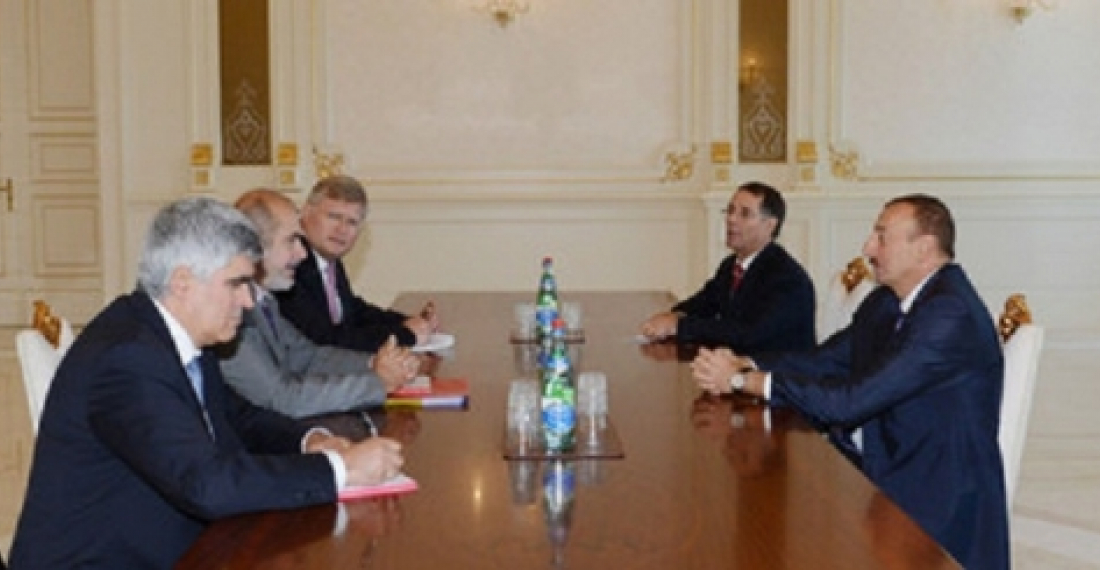Президент Азербайджана Ильхам Алиев и специальный представитель Европейского союза на Южном Кавказе Филипп Лефорт обсудили карабахский конфликт и пути его решения, во время вчерашней встречи в Баку. Лефорт на этой неделе посещал регион и ранее побывал в Ереване на встрече с руководством Армении.
Европейский союз в настоящее время рассматривает ряд инициатив, направленных на поддержку мирного процесса, хотя оно не участвует в посредничестве напрямую.
Политический редактор Commonspace.eu сообщает, что несмотря на то, что визит был омрачен текущими разногласиями из-за освобождения Рамиля Сафарова все заинтересованные стороны осознают необходимость двигаться вперед и визит Лефорта предоставляет возможность посмотреть за пределы сегодняшней тупиковой ситуации.
Источник: commonspace.eu
Фото: Президент Алиев со специальным представителем ЕС Филиппом Лефорте в Баку 13 сентября 2012 года. (фото любезно предоставлено пресс-службой президента Азербайджана)
Commentary
Алиев обсудил Карабах с европейским посланником.







